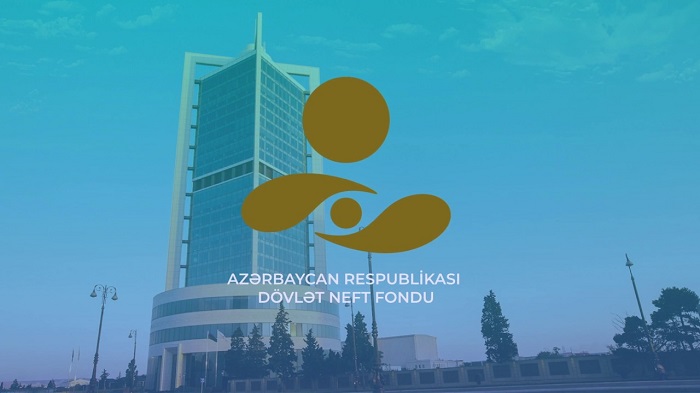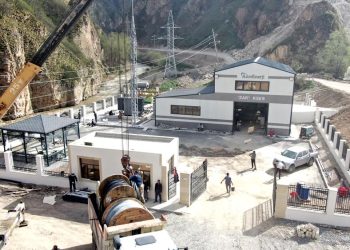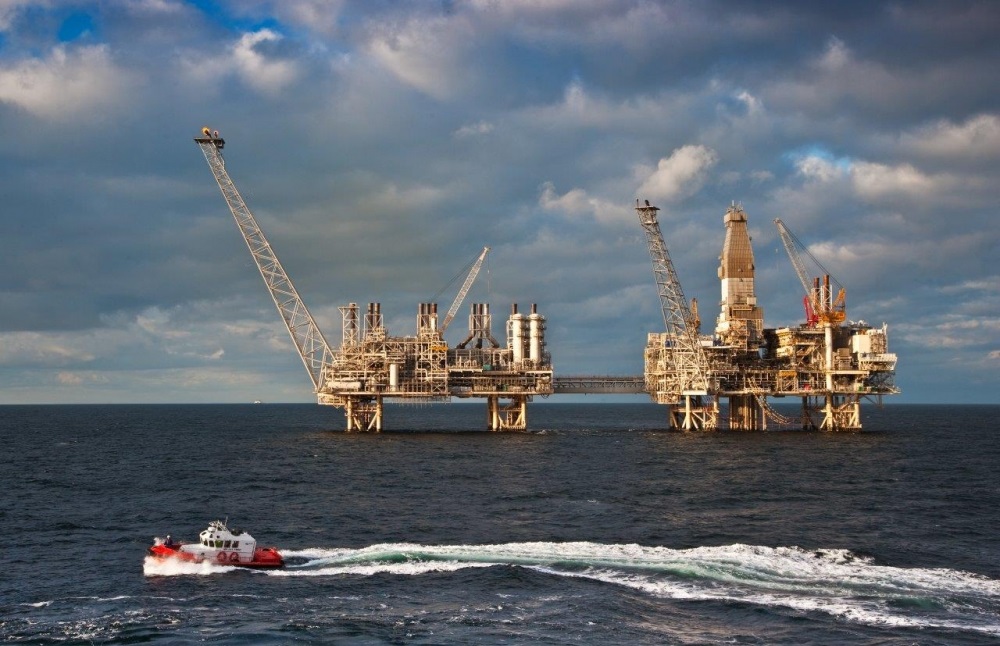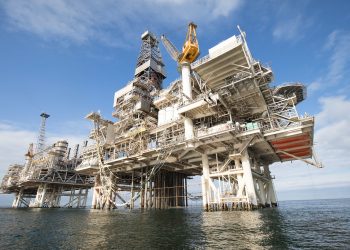This means that Statoil has nothing else to do in the Caspian Sea basin…
In fact a year ago it was already clear that Norwegian state oil and gas company will make this decision sooner or later.
At the end of October 2013 Statoil and French Total companies told SOCAR that that have changed their mind and they are not going to join the trans-Anadolu project (TANAP). Statoil’s representatives said in their unofficial conversations that this infrastructure project is very expensive. In December 2013 when SOCAR and its partners were getting ready to authorize Shah Deniz Phase 2, they received shocking news from the Norwegian company.
Statoil company said that the capital costs of the project are extremely high and that it has problems with funding the Shah Deniz-2 (total expenses of the project were estimated at $28 billion), which is the most important resource base for delivery of the Caspian gas to Europe.
The company indirectly told the project operator, including the Azerbaijani government, which had to confirm the project, that it must sell its share. At this point BP and SOCAR purchased Statoil’s share of 10% within a short period and managed to sign the Shah Deniz 2 authorization on December 17, 2013.
That time I distributed information through Turan agency that Statoil is going to leave the infrastructural projects in Azerbaijan. A lot of people doubted and did not even take this statement seriously.
Thus, Statoil has officially announced today that it has sold its 15.5% share in the Shah Deniz and Southern Caucasian gas pipeline and its 12.4% share in Azerbaijan Gas Supply Company for $2.25 billion to Malaysian Petronas company.
Only a year ago Statoil and BP had the similar share of 25.5% in the biggest gas project in the Caspian Sea. Even from the juridical viewpoint Statoil was a commercial operator as a seller of Azerbaijani gas in the Shah Deniz-1 project. However, during a year two big European companies – Total and Statoil – have left the promising project of Azerbaijan and the West, considering that the Shah-Deniz project and 3600-km-long Southern Gas Corridor are interconnected. After the events in Ukraine early this year delivery of natural gas to Europe from the alternative markets has become especially important for EU.
Therefore, the company’s explanation that the project is insufficiently profitable is unconvincing. As a rule, small or medium-size companies use this argument while leaving big projects.
The fact that Statoil managed to sell its share in the Shah Deniz project at a higher price than a year ago proves that the project is commercially attractive. If in December 2013 the company sold its 10% share to BP and SOCAR for $1.45 billion, now it sold its 15% share for $2.25 billion to Malaysian Petronas. The US dollar rate is going up and the companies operating in the region are mostly interested in Shah Deniz. The recent increase in TPAO share in the project from 9% to 19% is a real proof of that.
In this case this means that Statoil’s leaving the Shah Deniz and infrastructural projects has nothing to do with the commercial interests.
Ilham Shaban
Head of the Centre for Oil Studies
Caspian Barrel












